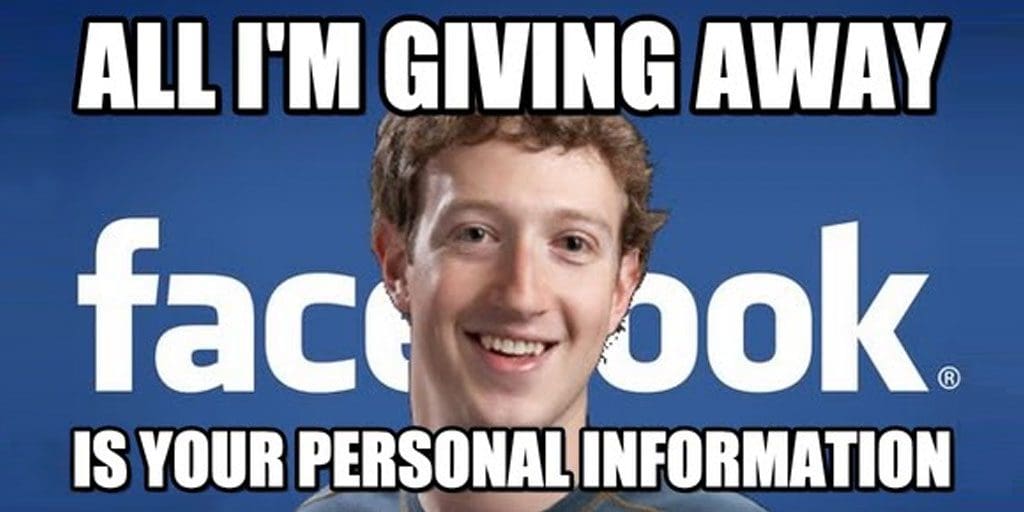The Weak Link in Your Personal Security Could be You
Have you “Googled” yourself lately?
8 out of 10 people in the US have a social networking profile. The need to have an online presence in today’s digital world to stay connected and relevant is unquestionable. The problem is, most people don’t think twice about how much personal information they put out there.
Too Much Information.
A 2016 Wall Street Journal (WSJ) article reported that all computer systems that help run our lives have a “critical weakness” that can’t be fixed with a software fix or “patch.” That weak link is you.
The WSJ article featured the opinions of an ex-hacker who also happens to be a neuroscientist – he felt strongly that we are simply making too many “mistakes” with our online lives—the kind that hackers are taking advantage of.
Social Engineering.
Social engineering is a form of hacking where online stalkers use the information they’ve gleaned from the Internet to put together profiles on people to con them into a scam or steal valuable information. And every day, we make it easier for them with irresponsible online habits.
Accepting “friend requests” and new “connections” from unknown people are just the tip of the iceberg. Most of us don’t think twice about posting what we eat, where we are (I am vacationing in the Maldives so my house is empty), “liking” pages, “following” people and generally ranting or raving about work, family and friends. We also indulge in fun quizzes and surveys that may seem harmless at first but actually reveals the answers to secret security questions that can be used to unlock and access your online accounts.
Falling victim to hacking and scammers are not the only possible fallouts. There’s a saying that if you’re not paying for a product, then you are the product. Think about this – every time you used a social media platform, app, service, or participated in surveys, you provided the company/game developer access to your online profile (including your email address). Who’s to say that your information won’t be mined and sold to the highest bidder? Companies willingly pay big bucks to have control or influence over your buying habits and even voting preferences.
Information defines us.
The more inside information someone knows about you, the more likely you are to let your guard down, and that’s all that a hacker needs—a crack in your line of defense. It’s also possible that you’re not the ultimate target – making yourself vulnerable also exposes your family, friends and even business to the same criminal threats.
You can have the best alarm system in your home and the best locks on every door and window. However, if you forget to set the alarm, or leave a window open or simply open the door to anyone who knocks, then you’ve lessened the power of your security system.
The Takeaway.
It’s unlikely that you’ll suddenly change your ways or completely unplug especially if nothing bad has happened to you…yet. However, it’s not too late to start being wise about what you post and take some measures to make sure you stay safe online.
- Don’t accept friend requests unless you know the person and you truly want to be friends. Remember—they may have friends you wouldn’t really want to know.
- Think before you click, especially shortened URLs. Hover over the URL and see where it leads you or if you click on the link, check that the URL matches the company’s website/ name and that all the branding aspects are correct and current.
- Be cautious of a high volume of the same status being shared on timelines especially if the wordings are exactly the same. It’s a red flag for a scam.
- Use different passwords for your email accounts, social media, and online banking. Utilizing two-factor authentication and password managers can also be useful.
- Keep your anti-virus and anti-spyware/malware version up-to-date and make sure it’s from a reputable source or company.
- Be wary of websites that offer free downloads of music, games or movies. Porn sites and P2P streaming/file-sharing sites may install harmful programs without your knowledge.
- Do not use any software that auto-completes online forms. The same goes for your Google or browser settings… make sure you turn off the feature and clear your history and cached data.
